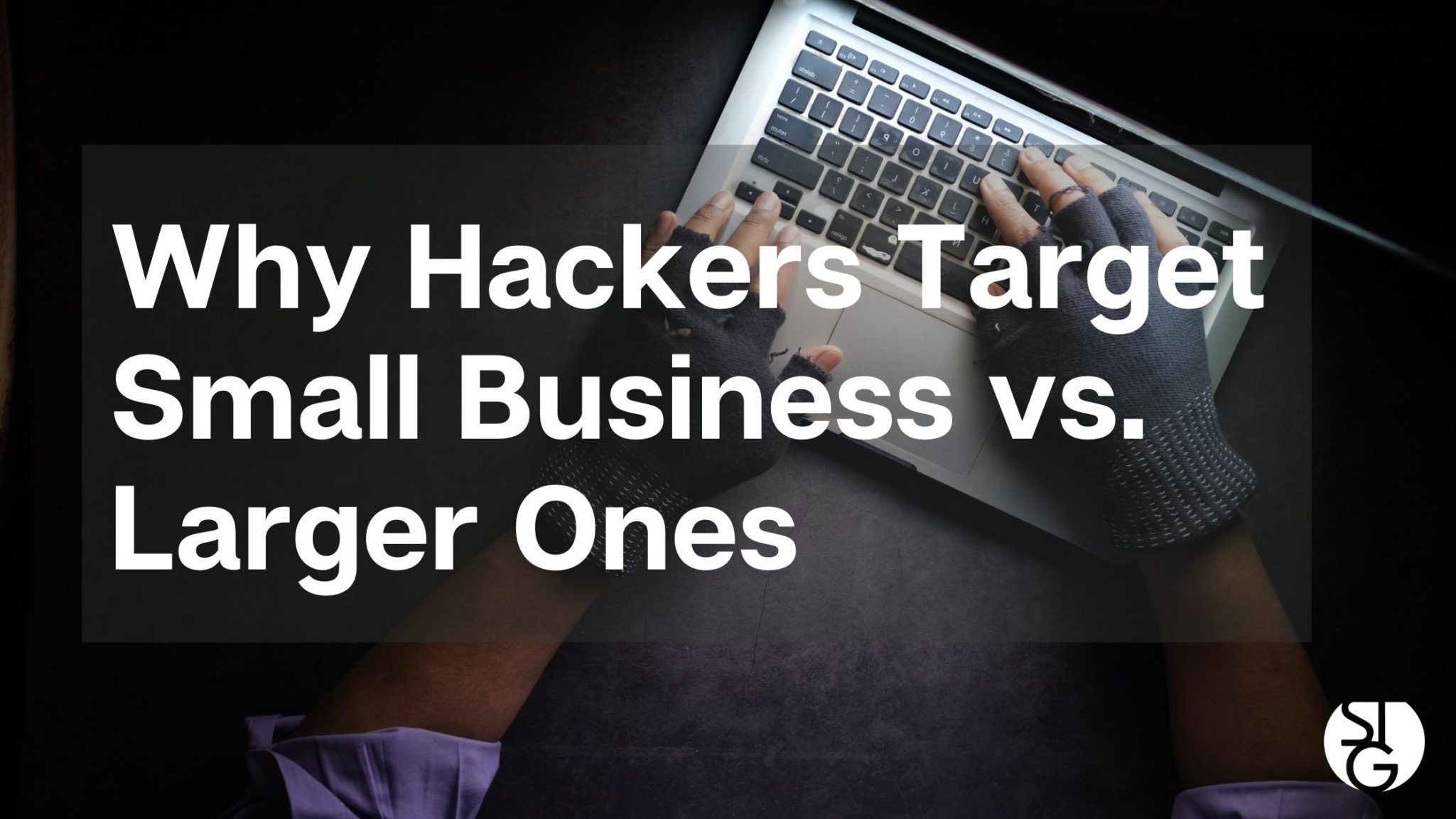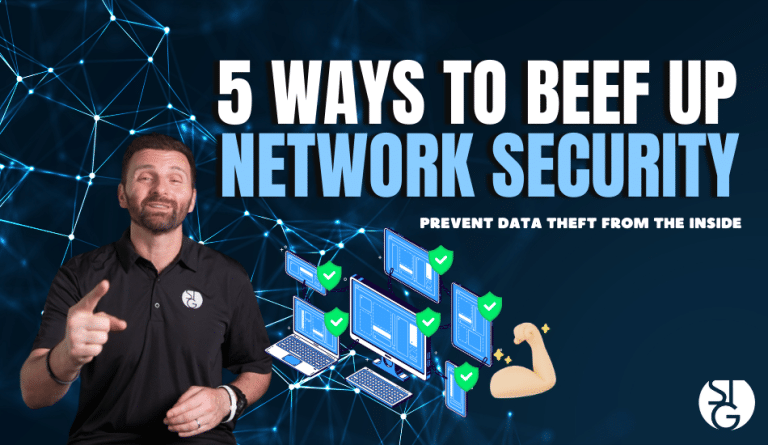Have you felt more protected from cybersecurity attacks because your business is smaller? Perhaps you believe the business possesses nothing that a hacker could want. How can they even know about your small business? Well, let’s get into why small businesses are hacked 3x more than larger ones.
This thought processes is a common misconception among small businesses. Well, a new report from the cybersecurity company Barracuda Networks dispels this notion. In their report, they review millions of emails from thousands of organizations. It was shown that small businesses have plenty to worry about regarding IT security.
And what they found was alarming. Smaller businesses saw 350% more social engineering attacks than those at a larger scale. The definition of a small business is having fewer than 100 employees. This increases the likelihood that small businesses will fall victim to a cyberattack. We’ll explain why below.
Why Are Small Businesses a Bigger Target?
With the question, “why small businesses are hacked 3x more than larger ones”, there are numerous reasons why hackers view small businesses as easy targets. And why they are being targeted by hackers seeking a quick payout.
Spending Less on Cybersecurity
When running a small business, it can be difficult to determine where to prioritize your cash. You may understand the importance of cybersecurity, but it may not be your top priority. Therefore, at the end of the month, cash runs out, and the expense is shifts to the “next month” wish list.
Unfortunately, when business leaders do spend money on IT, it’s often less than they should. They may believe purchasing an antivirus will provide sufficient protection. With the growth of technology to the cloud, that’s only a small layer. You need several points of protection for proper security.
Hackers are well aware of all this, and view small businesses as easier targets. They don’t have to do as much work to get a payout as they would for an enterprise corporation.
All Businesses Have “Hack-Worthy” Assets
Every business, from a 1-person shop to a massive corporate enterprise has data that a hacker finds valuable. Credit card numbers, social security numbers, tax IDs, and email addresses are all significant information. Cybercriminals can sell these assets on the Dark Web. Other criminals then use the data for identity theft.
Here are some data points hackers go for:
- Customer Records
- Employee Records
- Bank Account Information
- Emails and Passwords
- Payment Card Details
Small Businesses Can Give Access to Big Business
If a hacker is able to breach the network of a small business, they can often use that to make a greater profit. Many smaller companies provide services to larger ones. This can include digital marketing, website administration, accounting, and more.
Often, vendors connect digitally with specific client systems. This type of arrangement can enable a breach involving many companies. Although this connection is not a requirement for a hacker to hack you, it is certainly a bonus. Data from two companies for the work of one.
Small Businesses are Underprepared for Ransomware Attacks
Ransomware has been the big “buzz word” in the business world. It is one of the fastest-growing cyberattacks in the last years. As of this year, over 70% of organizations experience ransomware attacks.
And unfortunately, the number of victims who pay the ransom demands are also increasing. Currently, an average of 63% of businesses pay the ransom in hopes to get a key to obtain the decryption key. (As a reminder, paying the ransom isn’t the only cost you’ll incur)
Even though a hacker won’t obtain as much money from a small business as from a major corporation, it’s still worthwhile. They can typically infiltrate more small businesses than they can larger ones.
When businesses pay ransoms, they feed the beast and new cybercriminals join the ranks. And newer attackers to ransomware frequently target smaller, more vulnerable businesses.
Employees at Smaller Businesses Lack Proper Cybersecurity Training
Cybersecurity training isn’t typically high on the list of priorities for small business owners. We’re talking regular, ongoing cybersecurity training for employees. They may be doing all they can just to keep quality employees. Plus, a major priority is frequently sales and marketing.
We’ve seen plenty of times the lack in training on how to identify phishing and password best practices. This exposes networks to one of the greatest threats, human error. It’s one of the biggest reasons why small businesses are hacked 3x more than larger ones.
In most cyberattacks, the hacker requires some interaction from a user. It is similar to a vampire seeking an innocent victim to invite them inside. Email phishing is the most common method of trying to obtain unsuspecting cooperation.
An increasing 80% of all cyberattacks start from phishing.
Typically, a phishing email that sits in your inbox can’t do anything on its own. It requires someone to open an attachment of click a link that leads to a malicious website. That is what initiates the attack.
Educating employees on how to identify these ploys can dramatically improve your business’s security. Security awareness training is as essential as a robust firewall or antivirus.
Need Affordable IT Security Services for Your Small Business?
Ready to get started on your cybersecurity plan? Reach out for a technology consultation today. We offer affordable options for small businesses; including many ways to protect against cyber dangers.
If you’d like to find out more about what’s new in the tech world, make sure to follow our blog!
Click here to schedule a free 15-minute meeting with Stan Kats, our Founder, and Chief Technologist.
STG IT Consulting Group proudly provides IT Service in Greater Los Angeles and the surrounding areas for all of your IT needs.





